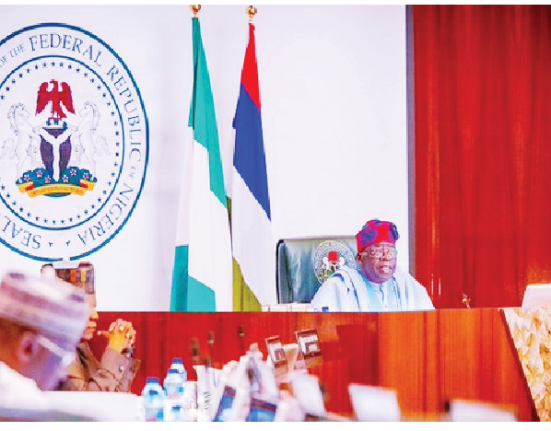In a coordinated effort to address the worsening congestion in Nigeria’s correctional facilities, governors from Ondo, Cross River, Plateau, and Enugu states have exercised their constitutional powers to grant clemency to more than 120 inmates within the past quarter.

Our investigation reveals that Governor Lucky Aiyedatiwa of Ondo State has been particularly active, pardoning 83 inmates across
two separate clemency exercises in January and February. These pardons included the commutation of death sentences for 15 inmates and reduced sentences for 20 others, demonstrating what observers describe as a commitment to reformative justice principles.

The clemency wave began early this year when Governor Peter Mbah of Enugu State approved the release of seven inmates while granting parole to another, exercising powers granted under Section 212 of the 1999 Constitution.


In similar moves, Governors Bassey Otu of Cross River State and Caleb Mutfwang of Plateau State collectively pardoned 56 inmates on January 11, according to official records obtained by the reporter.
These actions come against the backdrop of a severe overcrowding crisis in Nigeria’s correctional system. Recent figures from the Nigerian Correctional Service indicate that the current inmate population stands at 79,669, significantly exceeding the system’s designed capacity of approximately 50,000.

Comptroller-General Sylvester Nwakuche told reporters that a substantial portion of this population—52,771 inmates—remain in pretrial detention, primarily for serious offences such as armed robbery and murder, cases that typically involve protracted legal proceedings.
The Comptroller-General further noted that the number of death row inmates continues to rise, increasing from 3,590 in September last year to 3,688 as of March 2025, partly due to governors’ reluctance to either execute or commute death sentences.
While these clemency initiatives represent a positive step toward addressing correctional facility congestion, they address only a fraction of the systemic challenges facing Nigeria’s prison system, according to correctional reform advocates interviewed by this reporter.







